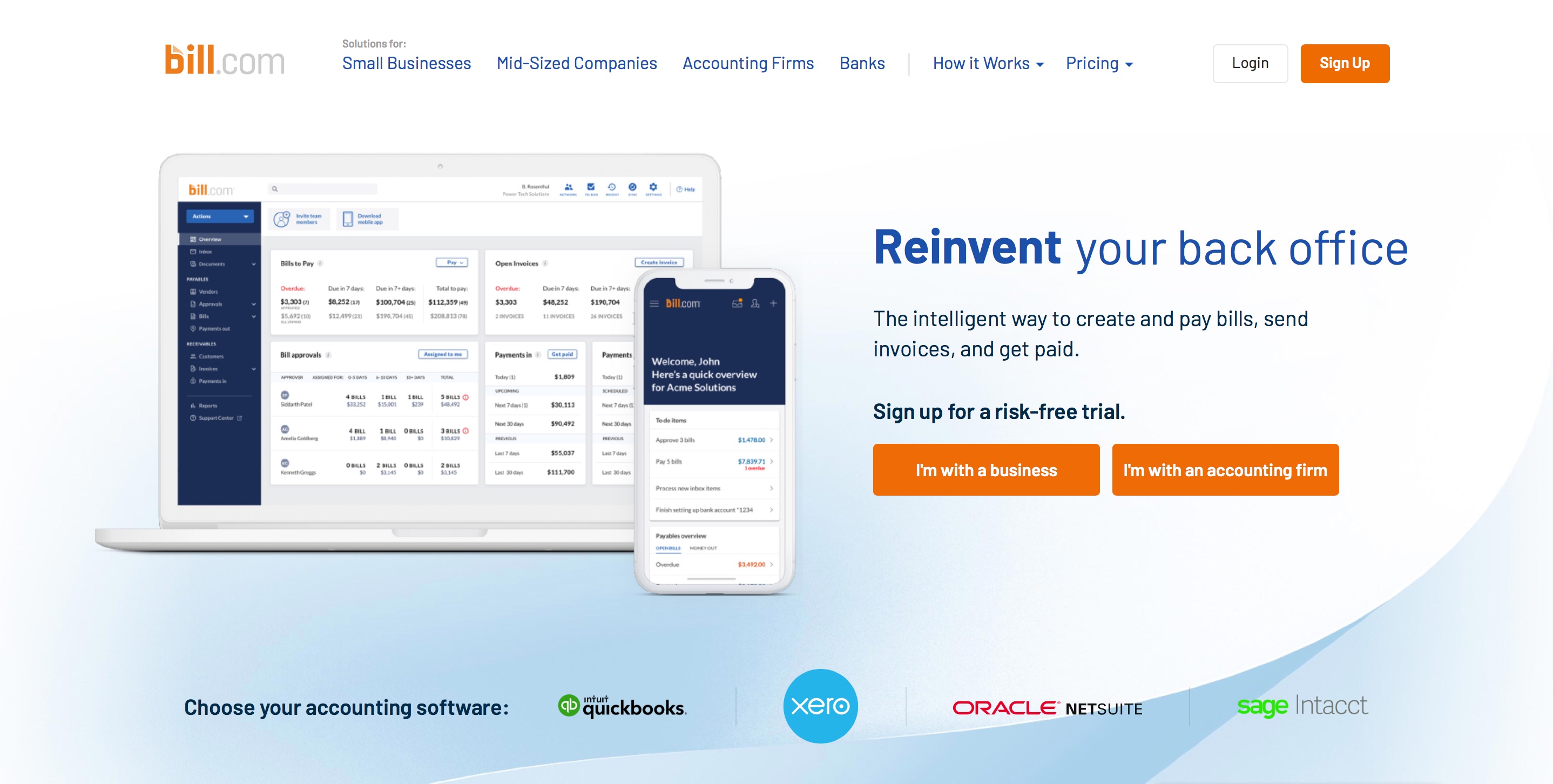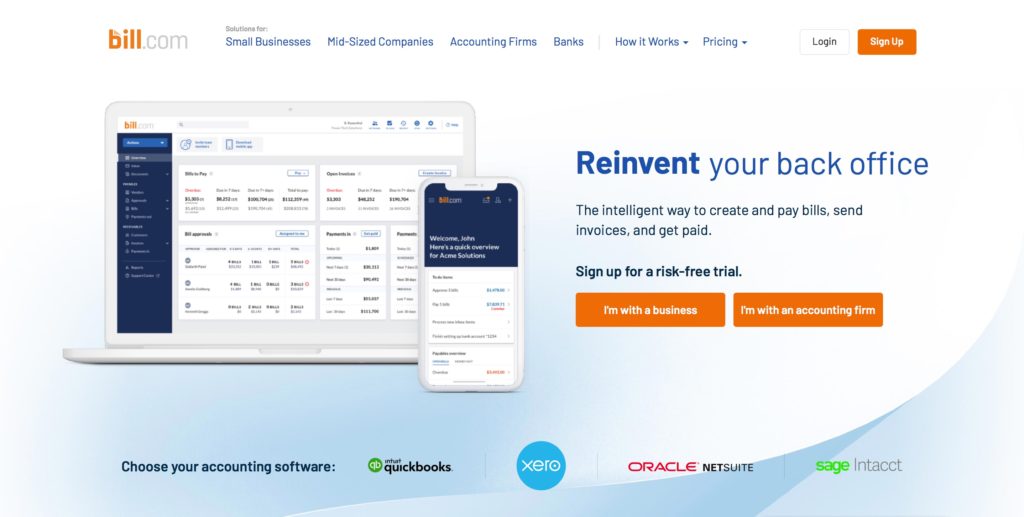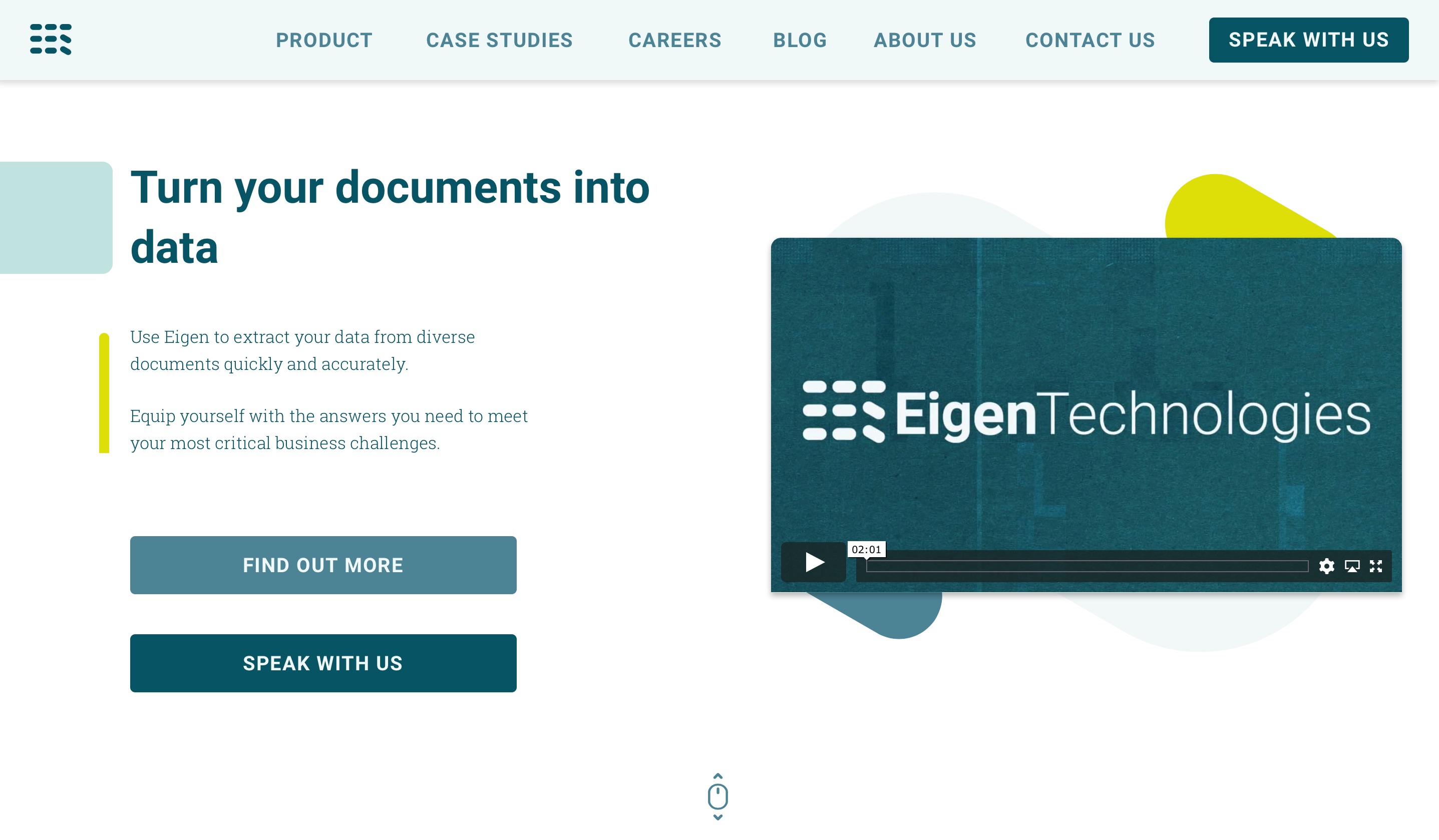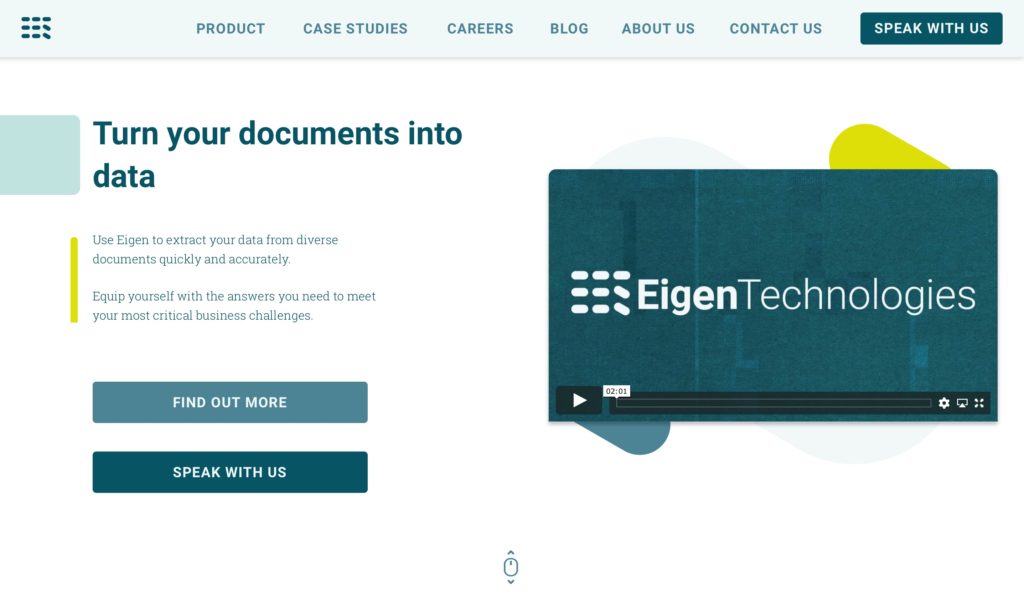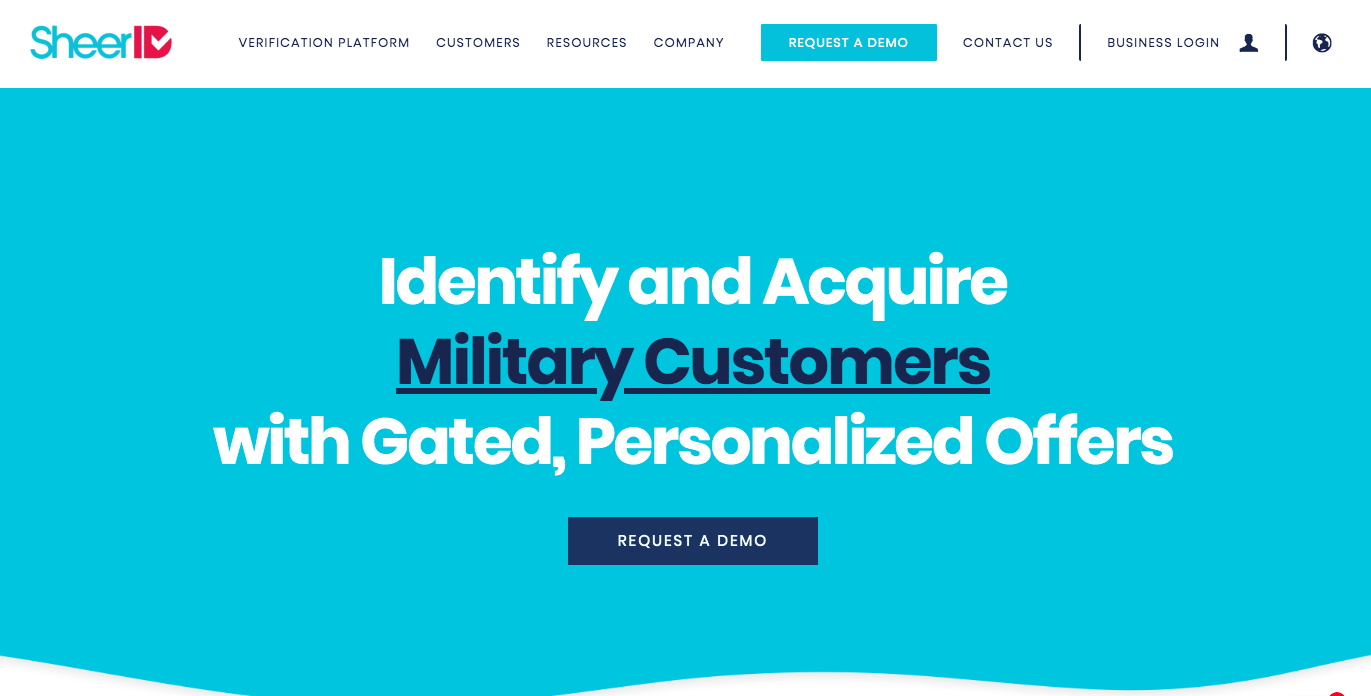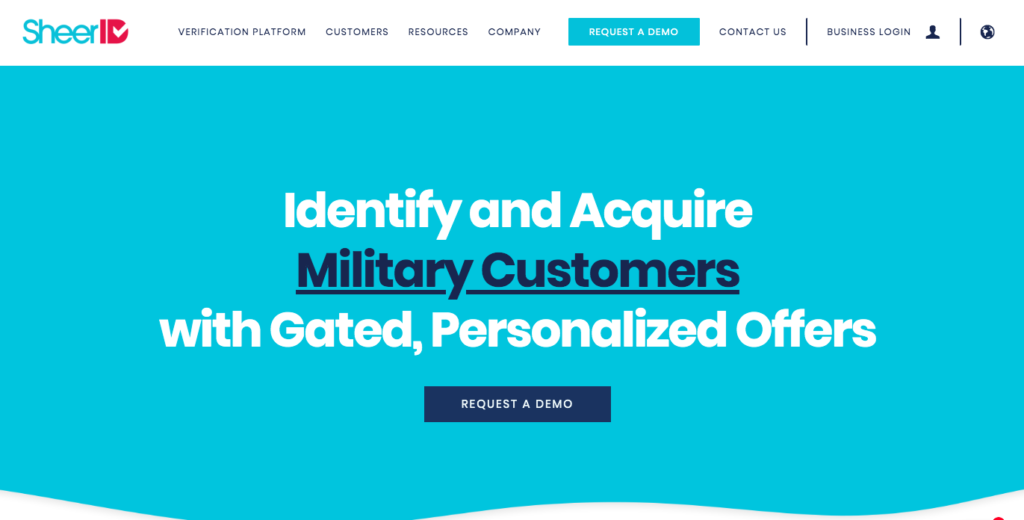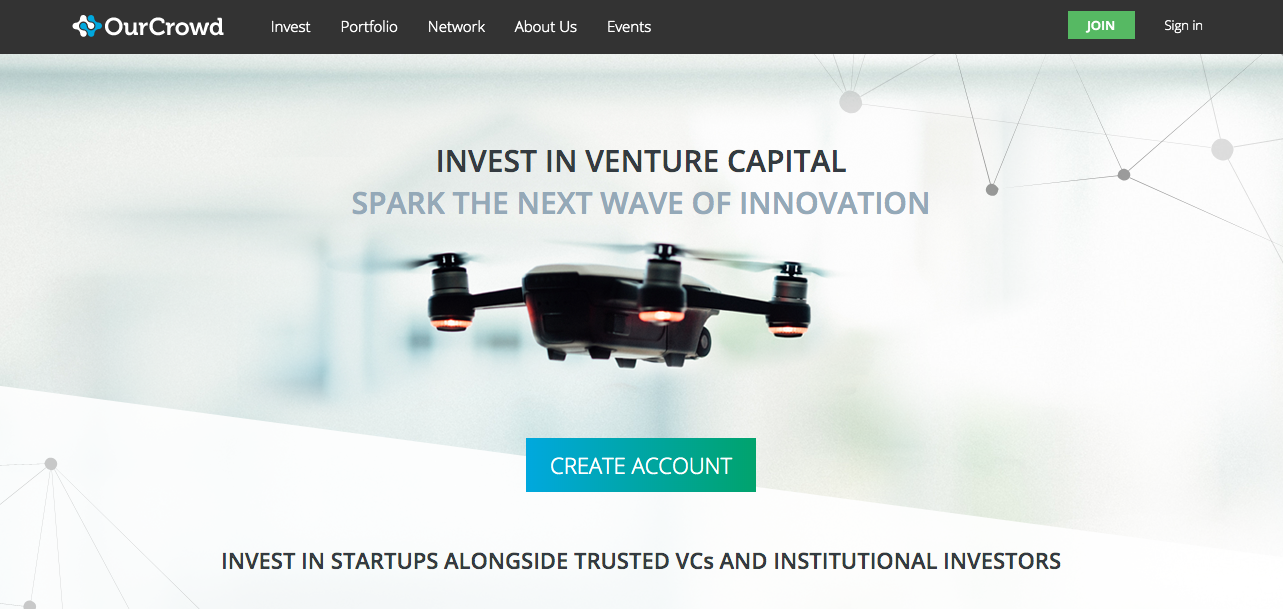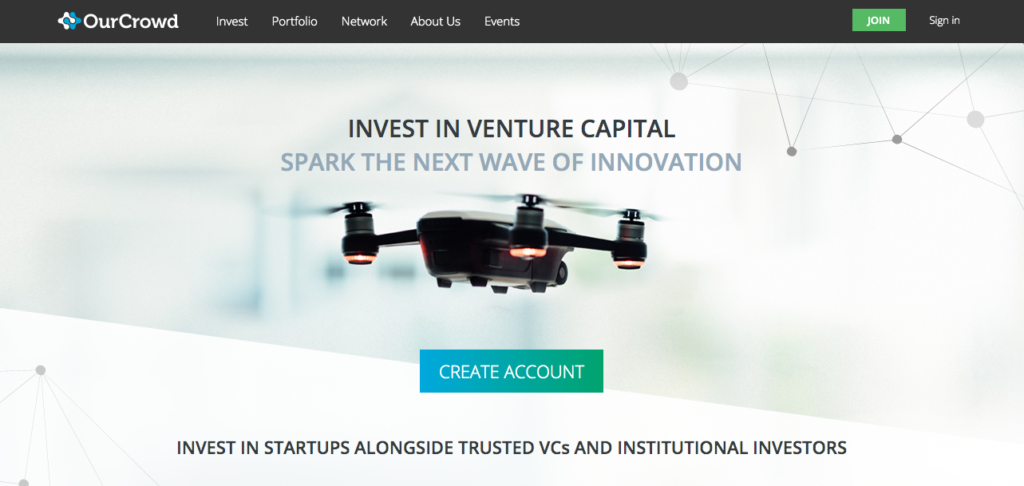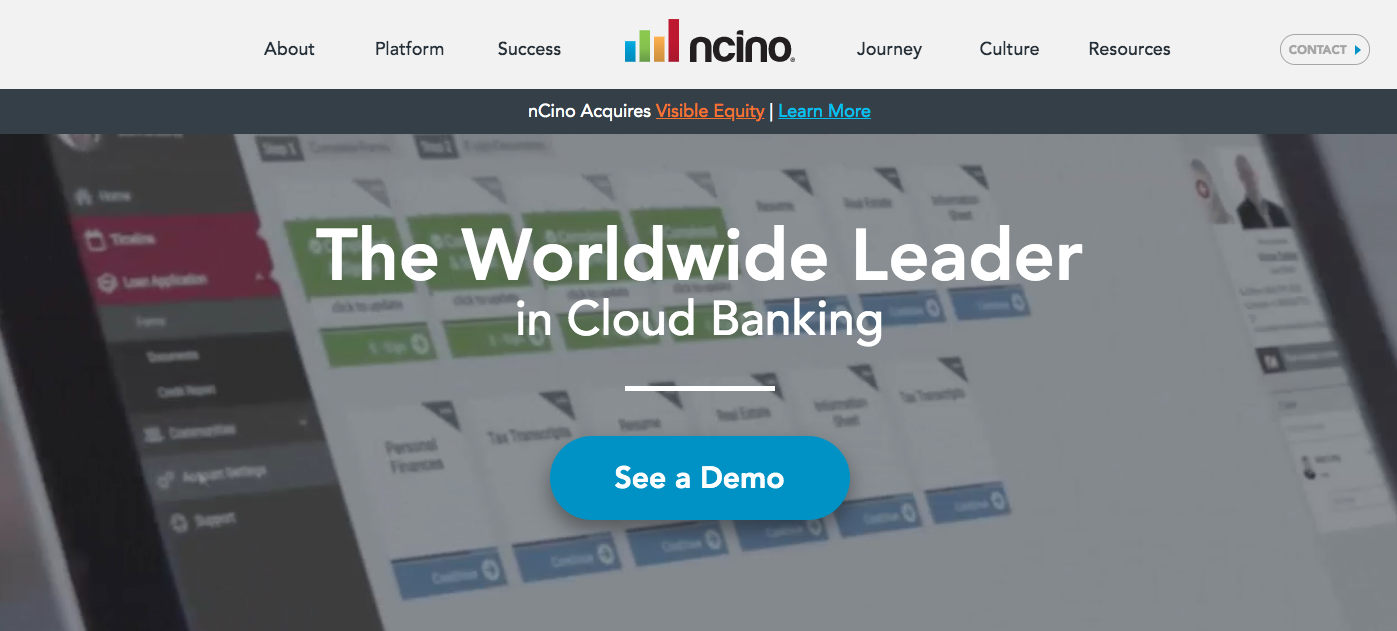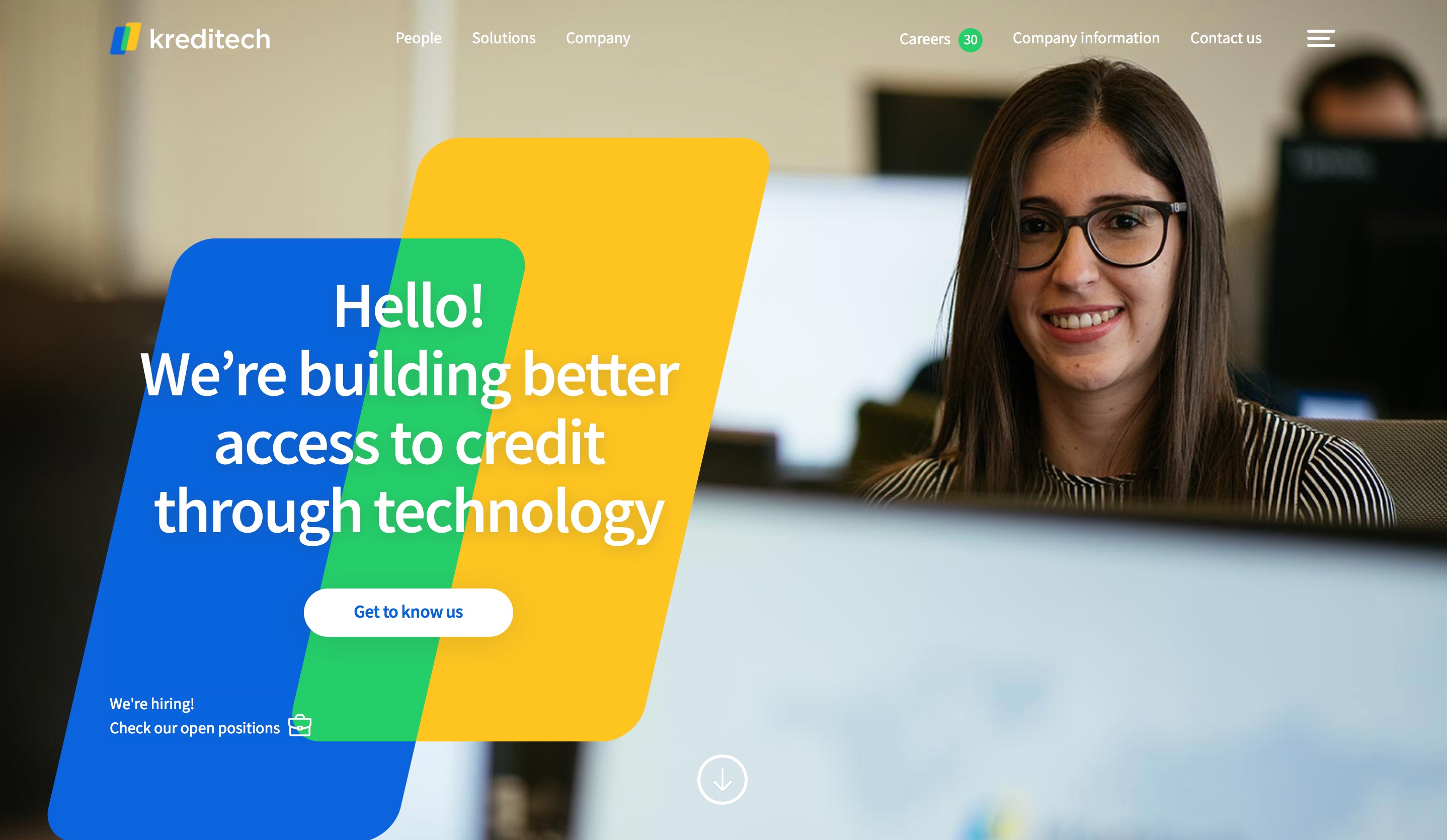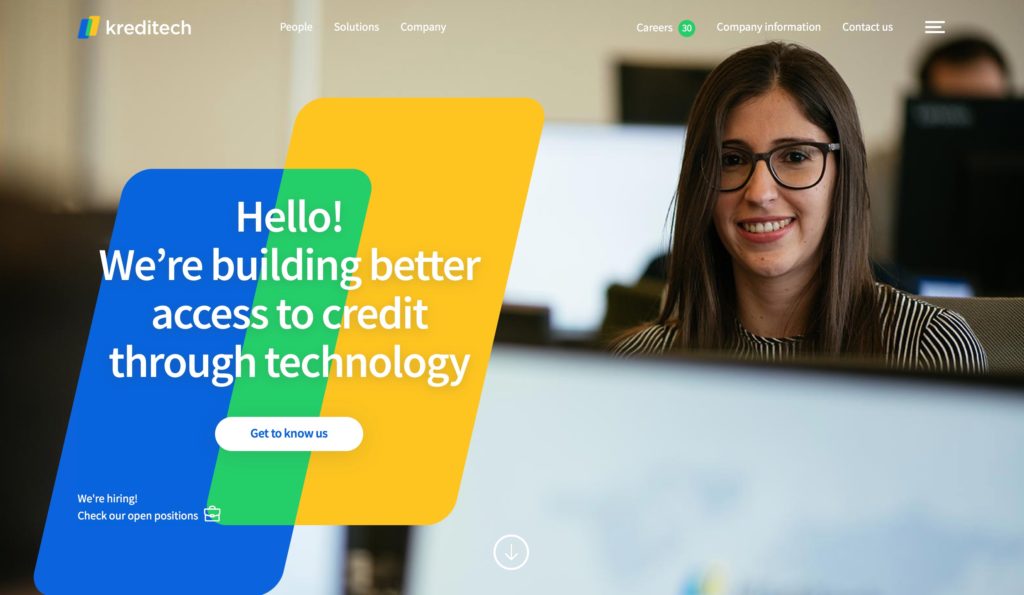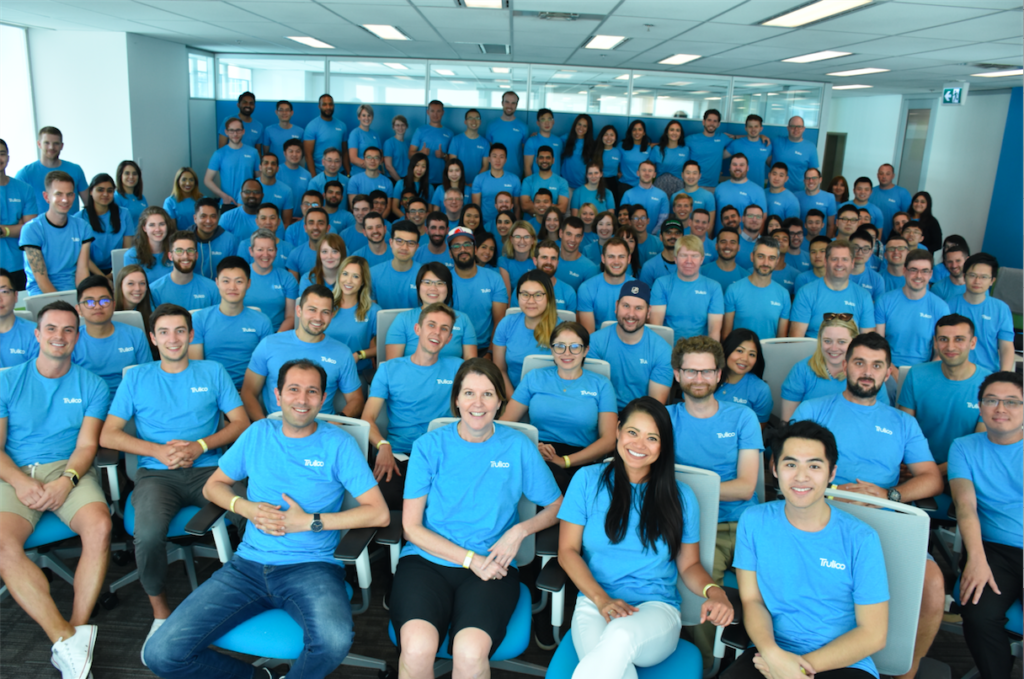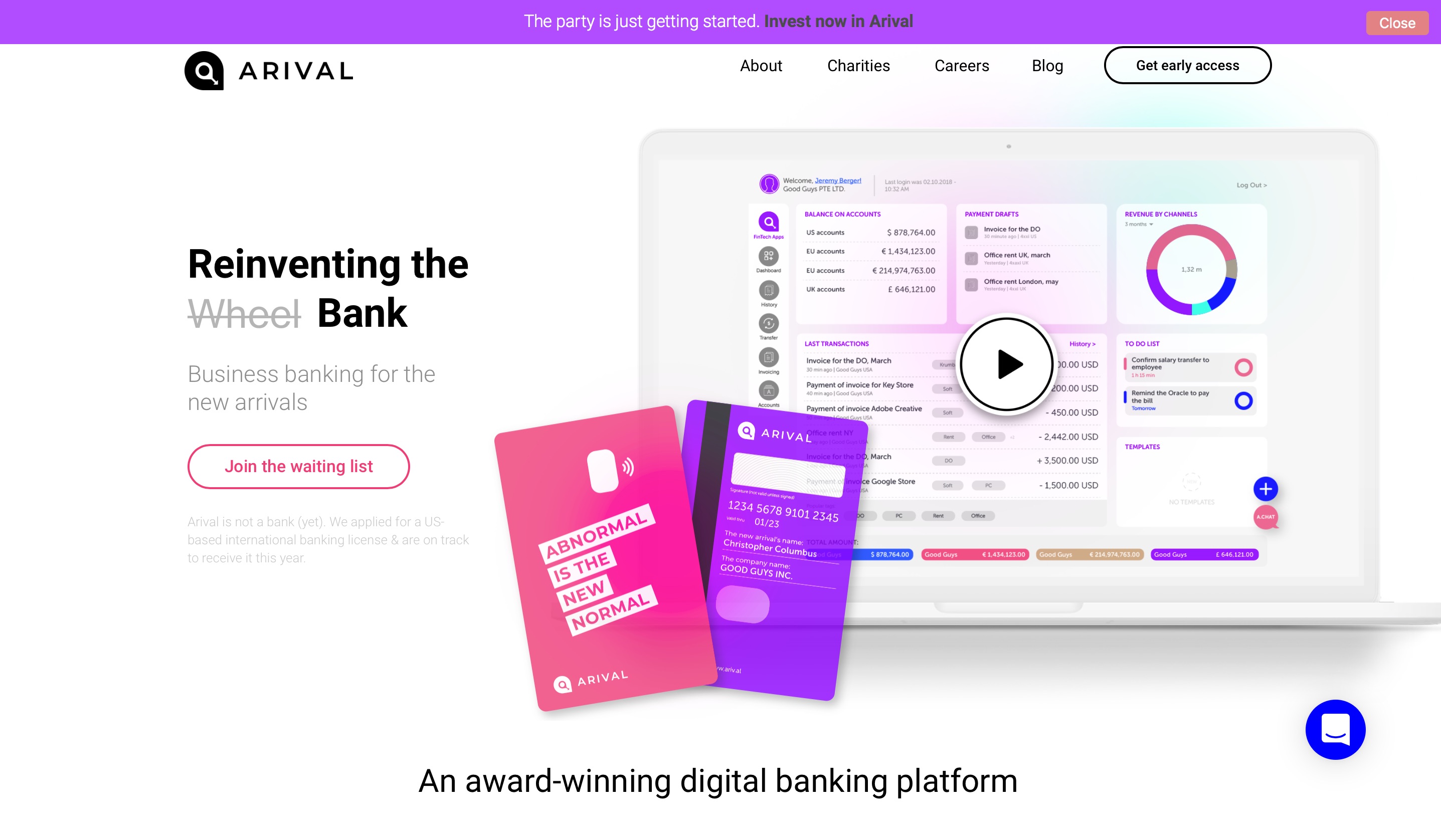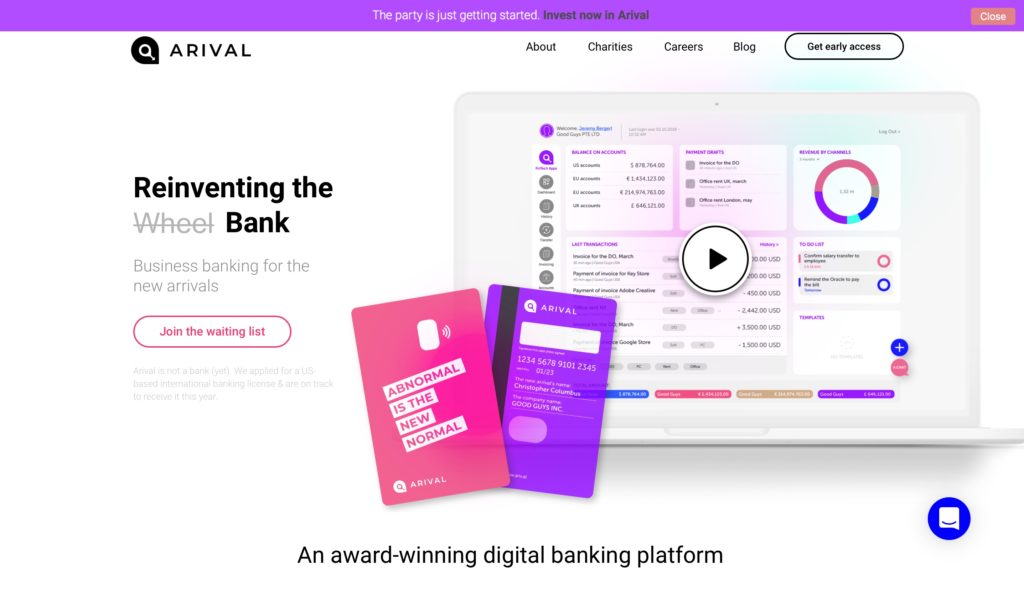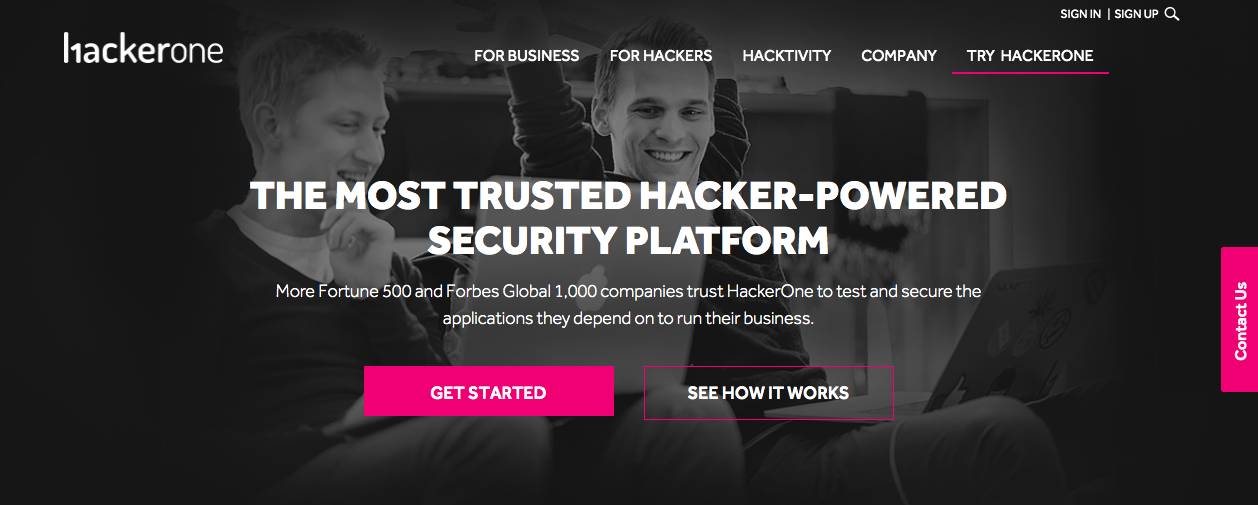
NoSQL data solutions firm Aerospike received $32 million in Series D funding today. The round is the company’s largest investment to date and brings Aerospike’s total funding to $78 million.
Triangle Peak Partners led the round, followed by existing investors NewView Capital Partners, Alsop Louie Partners, and Eastward Capital Partners. Triangle Peak Partners Co-founding Partner Dain DeGroff and NewView Capital Operating Partner Tim Connor will join Aerospike’s Board of Directors.
Aerospike will use the funds to expand its geographic presence into Asia Pacific, develop additional data infrastructure integrations, and grow partnerships. There is no updated valuation for the company, which was valued at $90.8 million in 2017.
“Companies are on a journey to convert unprecedented amounts of data into intelligence and push it from the core to the edge and gain a competitive advantage,” said John Dillon, Aerospike CEO. “Aerospike is the critical real-time data platform in a new stack of technologies underpinning this sea change, and our footprint continues to aggressively expand within enterprises as real-time transactions and analytics become more pervasive and mainstream.”
Founded in 2009, Aerospike delivers a NoSQL database for a range of industries, including advertising, ecommerce, financial services, and telecommunications. The technology stores petabytes of data that can be instantly accessed for real time decisioning.
The company, which counts Adobe, Wayfair, and Verizon Media as clients, has been growing at a rate of more than 50% year-over-year and has maintained a 95% customer retention rate for more than five years.
Aerospike is a five-time participant in our developers conference, having most recently presented at FinDEVr London 2017. During the presentation the company’s CTO and Cofounder, Brian Bulkowski, talked about rapid application design in financial services.

